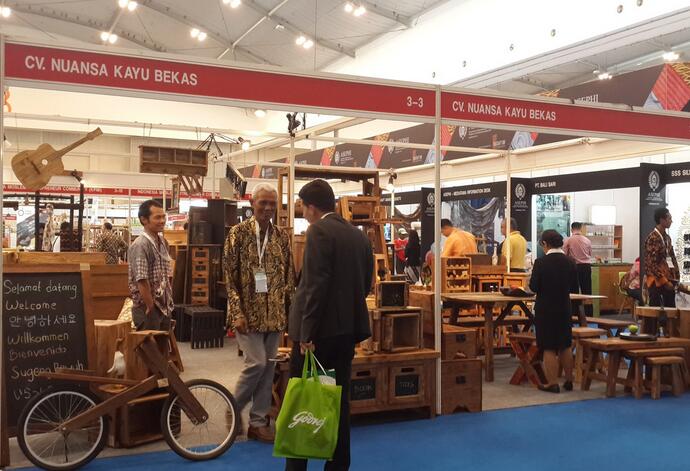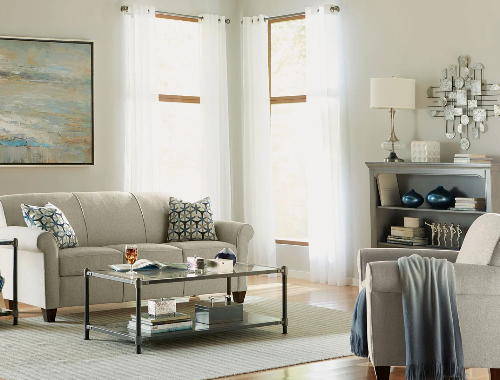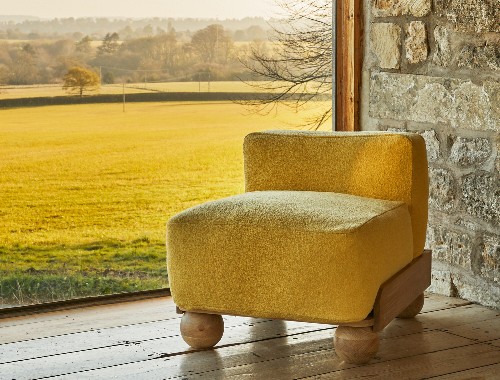Laos doubles revenue from furniture sales to China
The export value of wood furniture products sold by Laos to China in 2018 is estimated to have doubled after the government encouraged more productivity and sales.

The export value of wood furniture products sold by Laos to China in 2018 is estimated to have doubled after the government encouraged more productivity and sales.
In 2017, Laos earned about US$5 million from the sale of wooden furniture to China, rising to more than US$9 million in the first 10 months of 2018, according to the Ministry of Industry and Commerce.
Laos’ wood products are mostly exported to Thailand, China, Japan, the EU and Australia, an official with the Lao Furniture Industry Group said.
However, the Lao furniture industry is in need of more highly skilled workers as well as modern technology if products are to increase in quality and thus have more value.
The government’s strategy is to strengthen the wood processing sector in order to benefit more from the country’s forest resources.
Products intended for export include finished or semi-finished wood products such as floor tiles, furniture, wood accessories, plywood and other processed timber products.
Furniture for home use is also being made with an eye on the export market.
The government is also looking at growing more trees as a means to bolster the economy by expanding the timber industry.
The government aims to have tree plantations on 500,000 hectares, 70 percent of which would be natural and planted forests, by 2020.
Laos’ bio-climatic conditions are suitable for growing commercial tree species such as teak, acacia, rubber and eucalyptus.
If this target is achieved, Laos would have a foundation for a sustainable industry based on wood harvested from plantations.
The government also plans to either close or merge factories to promote efficiency and final product processing and export.
Most furniture products are handmade, but in some processes workers use low-technology machines.
As most finished items retain the natural colour of the wood they are made from, they are safe for human health and the environment.
Manufacturers are being encouraged to develop new designs and product types under the government’s policy to add value to wooden furniture products.
But the sector is facing several issues that hinder higher value wood processing and exports, such as the high cost of transport and a shortage of labour.
Transport remains the major constraint for Lao exporters and importers as they are reliant on road, river and air transport, which is expensive.
This drives up production costs and limits access to international markets and services.
Many exporters are not competitive because they have not developed international connections, while geographical and logistical conditions also limit markets.
(Source: thejakartapost.com)
-

National Bureau of Statistics: The retail sales of furniture in the first three quarters reached 120.5 billion, an increase of 20.7%
-

Malaysia has become the top ten furniture exporters of the world
-

North American furniture giant Flexsteel enters the field of solid wood with new furniture series
-

British designer FRED RIGBY reveals debut furniture collection-everyday

 沪公网安备31010402003309号
沪公网安备31010402003309号



